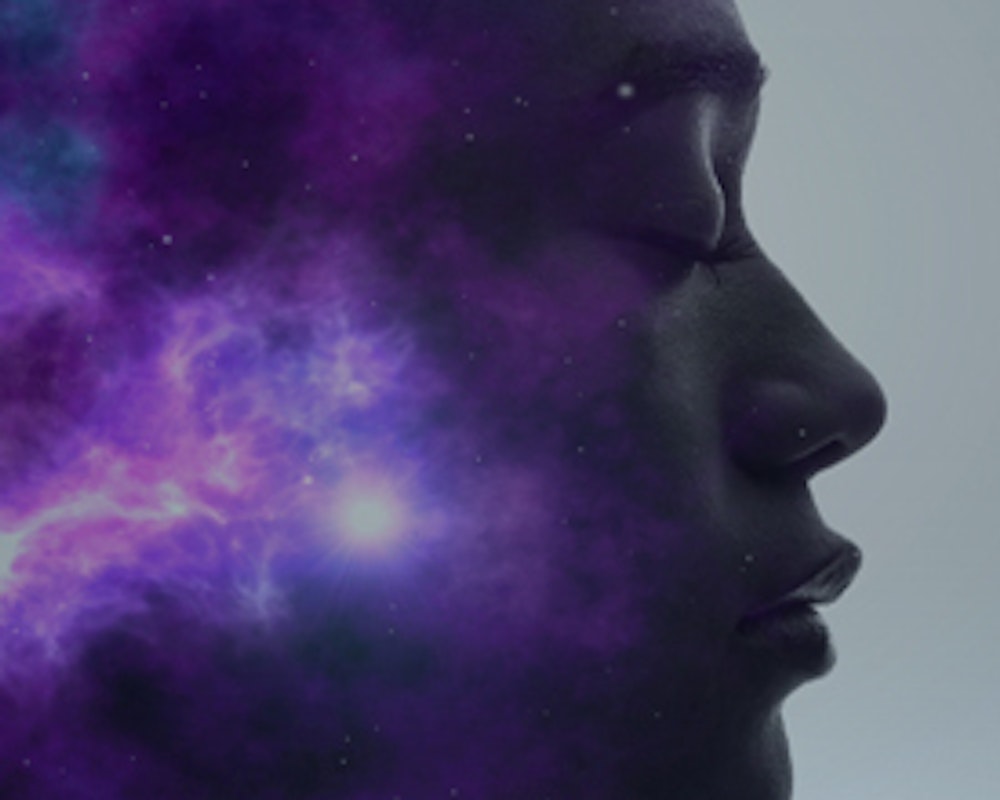
Why Skill Sets and Mindsets Matter for Supporting Students During and After the Pandemic
The attributes that students need to succeed in college and in their careers are not always neatly bundled as “skill sets” like writing or critical thinking. In addition to students’ academic capacities and physical health, success depends upon qu
November 23, 2020
The educational reformer and philosopher Alexander Meiklejohn defined a liberally educated person as someone “who is trying, with some success, to understand what is happening to him in the midst of the civilization in which he lives.” More than 150 years later, the brilliant simplicity of that definition is in recognizing that solving any real-world problem—big or small, personal or professional—demands a range of human faculties: reflection, critical thinking, the ability to express one’s thoughts, and a big dose of gumption, to name a few.
Enroll Your Campus in the COVID-19 Higher Education Student Impact Study If you would like to enroll your campus in the National COVID-19 Higher Education Student Impact Study, please indicate your interest on theSchool Participation Form. Questions about the study can be directed to the lead researcher, Larkin S. McReynolds, assistant professor of child psychiatry and epidemiology with the Global Psychiatric Epidemiology Group (GPEG) at Columbia University/NYS Psychiatric Institute. |
It’s fair to say that the “civilization” in which liberally educated students find themselves has been upended. When the pandemic hit, campuses had already been grappling with unprecedented levels of mental health and wellness issues among students, but campus silos largely kept those issues out of classrooms. The movement to online learning, however, cast what had been a hazy pall of stress, anxiety, and inequity into high definition. Suddenly, the crisis in the background became everyone’s problem, not just student affairs professionals. The intersection of life roles and life circumstances with coursework and credits meant that well-being became—undeniably and visibly—a problem for learning.
The attributes that students need to succeed in college and in their careers are not always neatly bundled as “skill sets” like writing or critical thinking. In addition to students’ academic capacities and physical health, success depends upon qualities like resilience, self-confidence, agency, and empathy. These attributes, often called mindsets, speak to an individual’s personal and interpersonal development and, more globally, their well-being. When educators examine the markers of success within a college degree, they almost never include both skillsets and mindsets. Or, more specifically, we don’t do that anymore.
Beginning in colonial times and lasting through the 1960s, faculty occupied the role of in loco parentis (in place of the parent). Residential colleges (often understaffed) tasked faculty with oversight of students’ well-being in the form of conduct and dress codes. But with the movement toward field specialization and advanced degrees, the formal responsibility for students’ personal and interpersonal development became someone else’s job: student affairs, not faculty. Higher education has struggled ever since to reconnect students’ learning with how they are living and feeling.
There is some wonderful thinking out there that shows that harm to student well-being impairs their ability to learn, including Cia Verschelden’s books on Bandwidth Recovery (as well as her recent blog post on intersections with racism), Mays Imad’s work on trauma-informed teaching, and the Academic Resilience Consortium’s terrific network of scholars and practitioners—not to mention great student-led organizations like Active Minds that engage students as leaders in addressing mental health issues on campus.
Knowing liberal education is intimately entwined with concepts of freedom, liberation, and personal development, AAC&U has pursued conversations and research to better understand exactly how students’ well-being, personal and interpersonal development, and mindsets connect with learning. In addition to producing webinars, events, and forthcoming campus stakeholder and employer research, AAC&U is partnering with Columbia University’s Global Psychiatric Epidemiology Group (GPEG) research team to support the federally funded National COVID-19 Higher Ed Student Impact Study examining the effects of COVID-19 on student well-being, decision-making, and academic and life outcomes. GPEG specializes in conducting longitudinal studies on the ways in which trauma and adversity impact individuals’ health and well-being.
With funding from the National Institute for Drug Abuse, the longitudinal cohort study aims to help colleges and universities better support students’ learning, whether on campus or online, by understanding how the pandemic has shaped their lives and choices. Participating campuses will receive a summary data report that can be used to facilitate campus action strategies for addressing students’ college engagement, socio-emotional needs, and career development. Additionally, student and campus participants will receive access to services for any students whose responses indicate imminent suicidal behavior. At risk students will be referred to a national crisis counseling center that will offer follow up assistance to students, including identifying local and even emergency services, if needed.
Rather than needing faculty to act in loco parentis, today’s students are parents. They are racially diverse, they are first-generation, and they are commuting between school and work. The twenty-first century has not absolved higher education from the responsibility of caring for students, but it has sharpened the lens with which we understand who students are, what they need to be successful, and how we—all of us working in higher education—must support them toward college and career success.The COVID-19 pandemic and police brutality have given new urgency to expanding old notions of how we understand and support student success. Well-being is an essential component of learning, enabling or hindering how students understand course material, apply it, and employ it for problem-solving in their professional and personal lives. But solutions for improving well-being do not matter without commitments to equity.
If you would like to enroll your campus in the National COVID-19 Higher Education Student Impact Study, please indicate your interest on theSchool Participation Form. Questions about the study can be directed to the lead researcher, Larkin S. McReynolds, assistant professor of child psychiatry and epidemiology with the Global Psychiatric Epidemiology Group (GPEG) at Columbia University/NYS Psychiatric Institute.
Have an idea for a blog post? Write to [email protected].